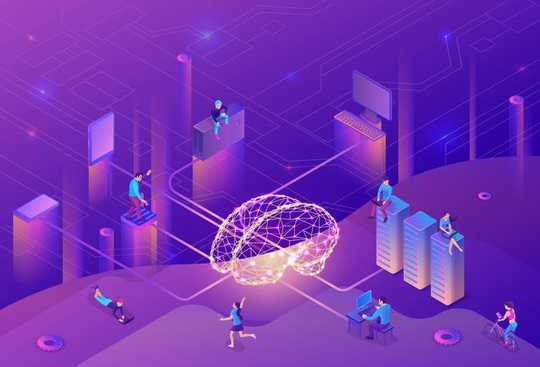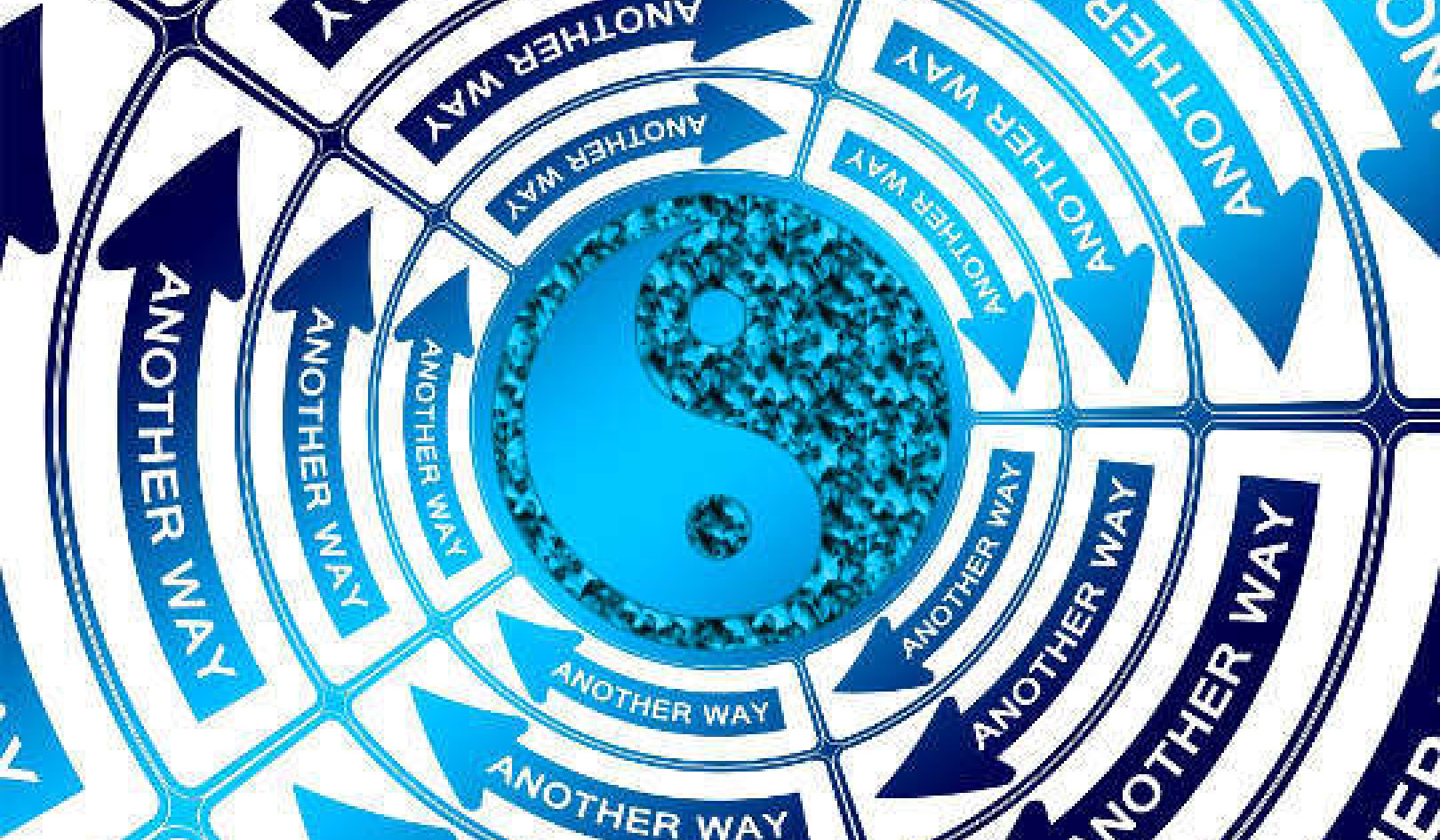
Everyone forgets things sometimes. Shutterstock
Forgetting to do or to say things happens to all of us sometimes.
Have you ever walked into a room and realised you can’t remember what you were looking for? We tend to do this more when we are thinking of a few things at once or doing two things at the same time.
Some people call this “dual-tasking”.
Have you ever crossed the road while chatting to a friend at the same time, or walked across a room while tapping away on a tablet or phone? That’s dual-tasking.
Everyone does it and we tend to get better at it as we get older and learn new skills.
But while our brain is a truly amazing computer – more powerful than any real computer – it can only use so much mental energy at one time.
Your brain is a power station
Think of your brain as a power station, providing electricity to a number of cities.
If some cities cry out for a lot of energy (by having all their light switches on), other cities would have less power to work with. There’s only so much electricity to go around.

Our brain is like a power station, providing energy to lots of different tasks we might be trying to do. Shutterstock
In the same way, your brain only has so much energy to share around at any one time. Younger kids have small brains and have less mental energy available than older kids. In the same way, a teenager’s brain is less mature than an adult brain.
Now, this brings us back to the question of forgetting things.
An older (and more experienced) brain means more mental energy to share between tasks.
For young kids, dual-tasking is possible. However, some studies suggest that it can be a little more difficult for younger kids compared with older kids.
Why? The power station in their brain is a little smaller and is not producing quite the same amount of energy as older kids.
Practise makes perfect
The more we practise our skills (like riding a bike, playing a sport, or baking a cake), the better we are at doing another task at the same time.
For a very skilled sportsperson (like a footballer), juggling a football while having a chat with a friend would be easy.
Their football skills are so automatic that they don’t need much mental energy to do it, leaving more for other things.
However, for someone who is just learning, juggling a ball may require a lot of mental energy just by itself. There is not much leftover for holding a conversation.
So, why do I sometimes forget to say something before I say it?
The answer is you are likely to have been “dual-tasking” just before speaking.
It might have been because you were thinking about the words you wanted to say and something else at the same time. Or maybe you were concentrating on listening while trying to think of what to say.
Sometimes, your brain just can’t do two complicated things at once. You might not have enough mental energy in that moment.
Forgetting things is normal for everyone and can happen when you are doing too many things at once.
When it happens to you, take a deep breath and relax!
Perhaps those words will come back to you later when you clear your head and re-energise.
About The Author
Peter Wilson, Professor of Developmental Psychology, Australian Catholic University
This article is republished from The Conversation under a Creative Commons license. Read the original article.

Related Books:
Atomic Habits: An Easy & Proven Way to Build Good Habits & Break Bad Ones
by James Clear
Atomic Habits provides practical advice for developing good habits and breaking bad ones, based on scientific research on behavior change.
Click for more info or to order
The Four Tendencies: The Indispensable Personality Profiles That Reveal How to Make Your Life Better (and Other People's Lives Better, Too)
by Gretchen Rubin
The Four Tendencies identifies four personality types and explains how understanding your own tendencies can help you improve your relationships, work habits, and overall happiness.
Click for more info or to order
Think Again: The Power of Knowing What You Don't Know
by Adam Grant
Think Again explores how people can change their minds and attitudes, and offers strategies for improving critical thinking and decision making.
Click for more info or to order
The Body Keeps the Score: Brain, Mind, and Body in the Healing of Trauma
by Bessel van der Kolk
The Body Keeps the Score discusses the connection between trauma and physical health, and offers insights into how trauma can be treated and healed.
Click for more info or to order
The Psychology of Money: Timeless lessons on wealth, greed, and happiness
by Morgan Housel
The Psychology of Money examines the ways in which our attitudes and behaviors around money can shape our financial success and overall well-being.
























